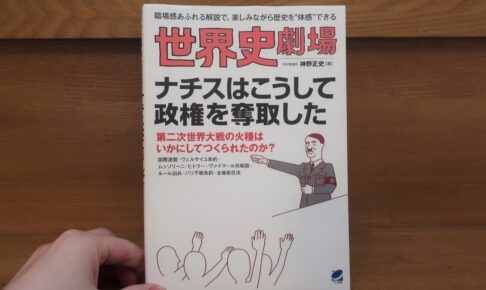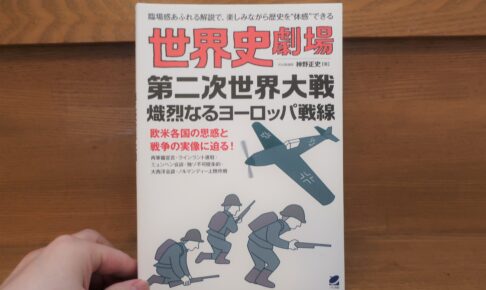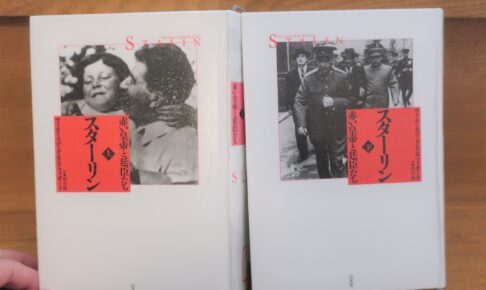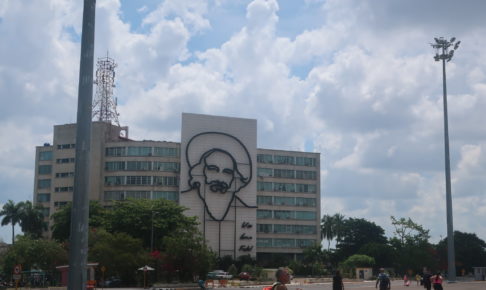Masashi Jinno, "World History Theater: This is How the Nazis Seized Power" - A recommended reference book for understanding the process of Hitler's seizure of power!
Why did Germany, which was supposed to be a democracy, move toward totalitarianism?
This is also true in Japan.
Learning about the Nazis is also learning about our history.
As usual in this book, Jono's exquisite commentary keeps things moving along. It is just interesting and easy to read. This book is highly recommended for those who want to know about the German process first.












































